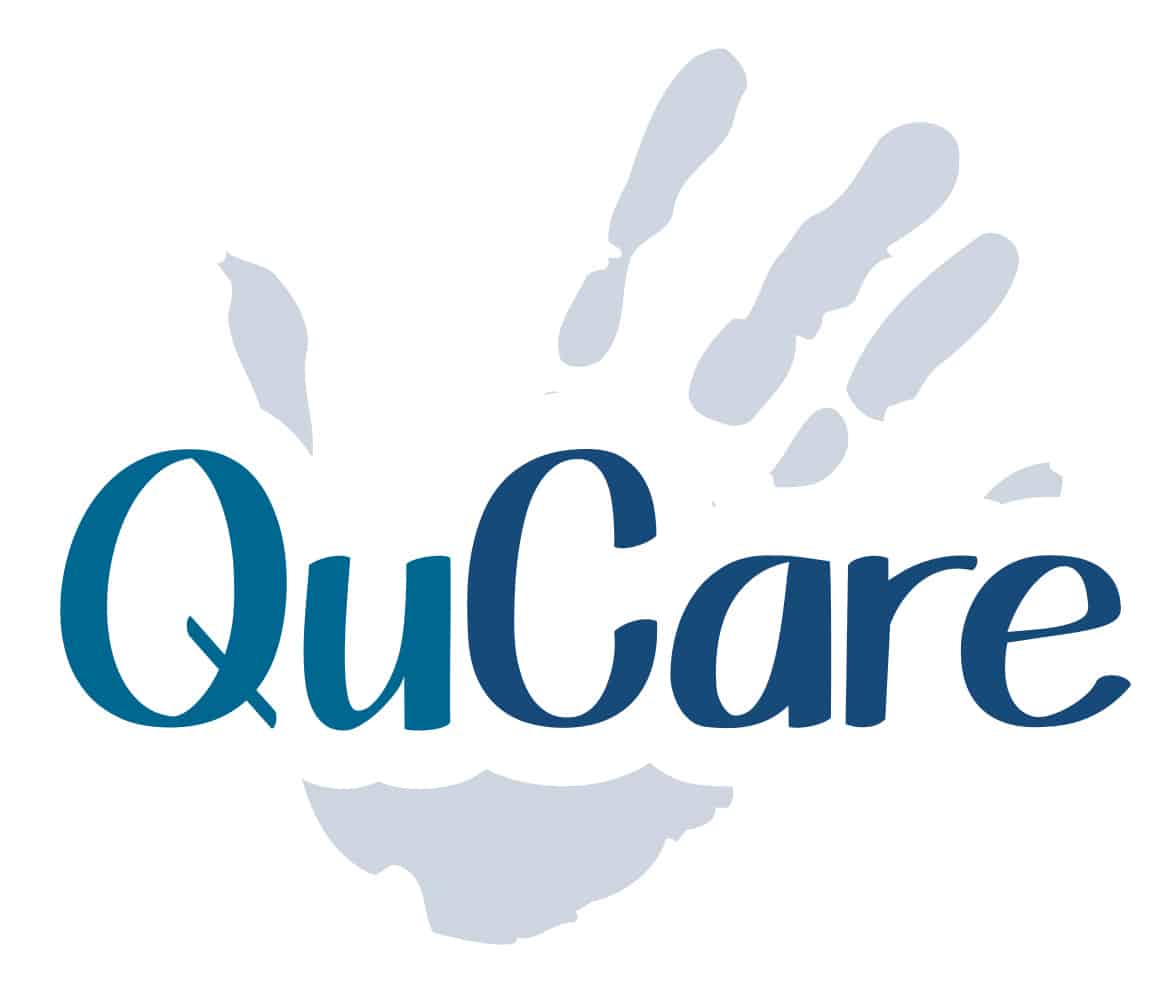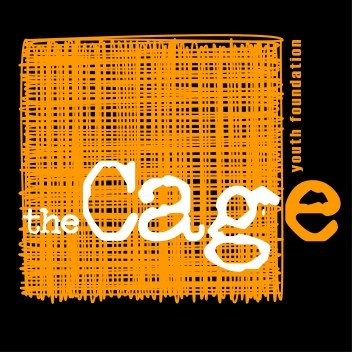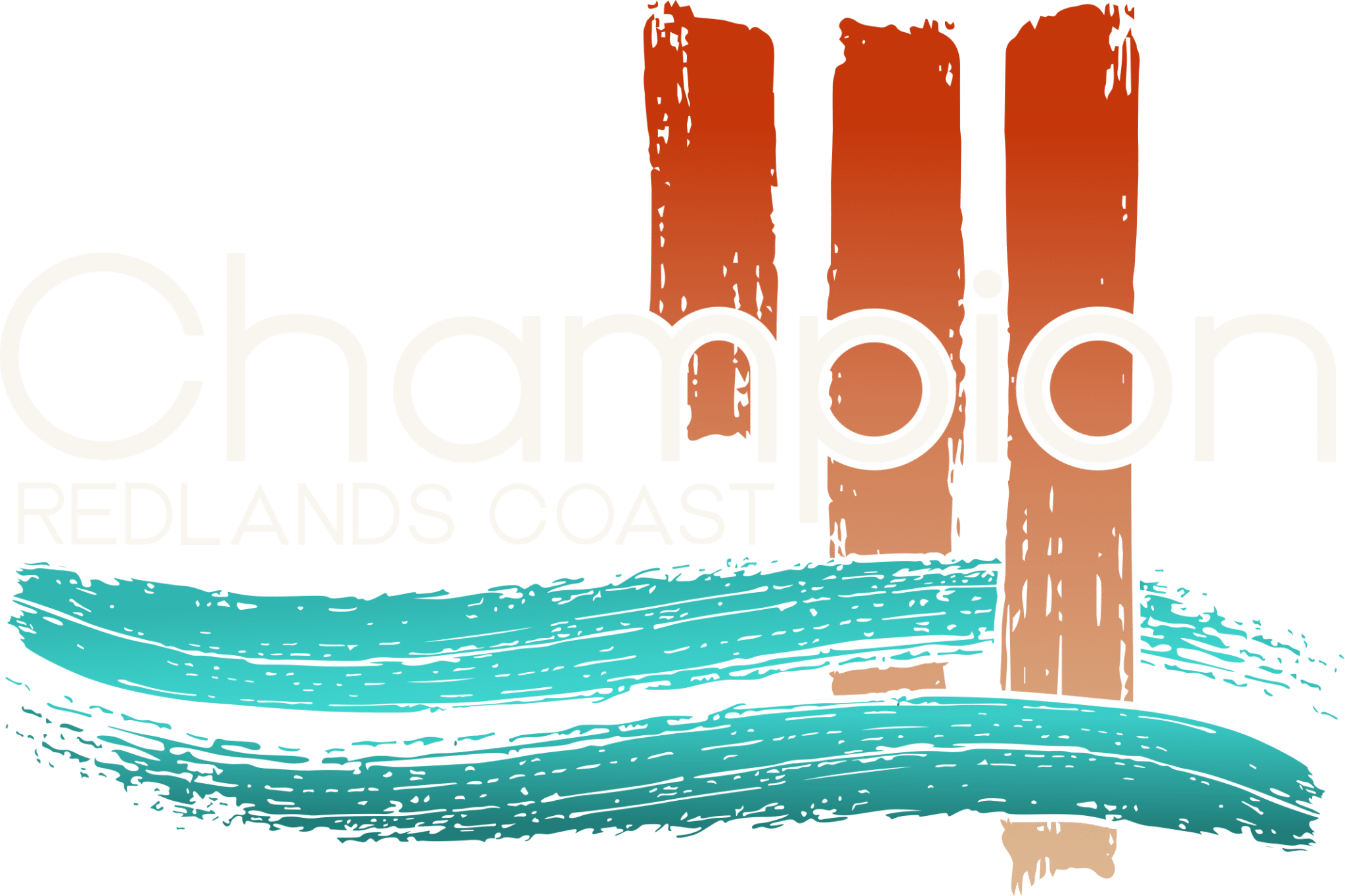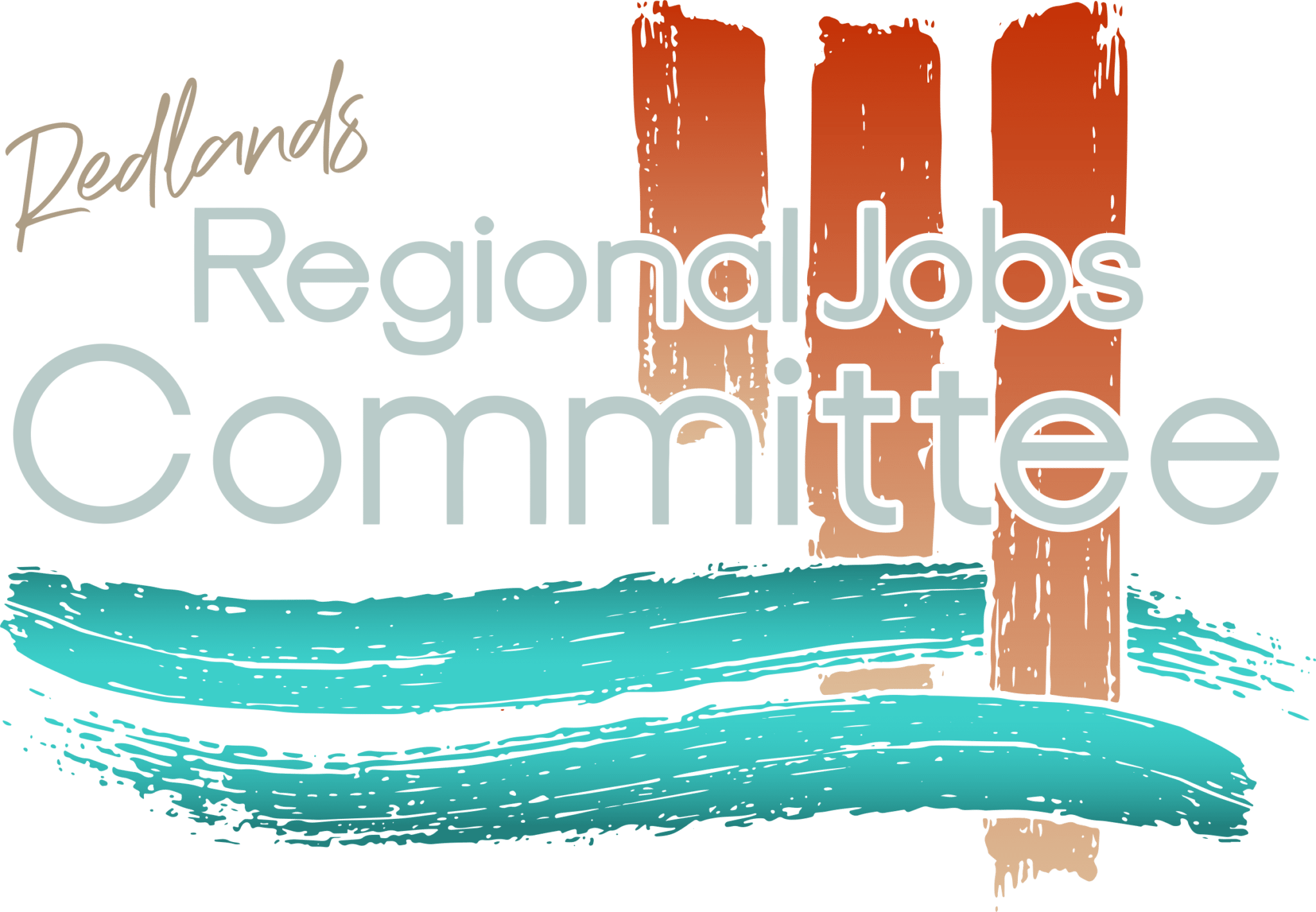The Court process to resolve legal disputes between parties is well renowned as being costly, time consuming and stressful. However, there are alternatives which leave the Court process as a last resort. Alternative Dispute Resolution (“ADR”) refers to processes, other than judicial determination, in which an impartial person (a Mediator or Arbitrator) assists those in a dispute to resolve the issues between them.
There are a variety of ADR processes available such as mediation, case appraisal, conferencing and negotiation. Whilst these methods differ in their approaches, they commonly endeavour to reach a compromise or at least resolve some of the issue/s between parties so that court time is reduced or avoided all together.
In addition to saving time, ADR is beneficial as it may reduce legal fees and court costs, maintain ongoing relationships between disputing parties and free up the court system for disputes requiring judicial determination. ADR is also suitable for may categories of disputes including neighbourhood, family, commercial and workplace disputes.
Participation in ADR is usually voluntary but of recent times many Courts are requiring parties to use ADR. Depending upon the type of ADR process and dispute, the outcomes reached may be enforceable or may require parties to take further steps before the outcomes can be enforced.
Forms of Mediation
1. Community Based Mediation
This form of mediation process focuses on the parties’ interests and needs in order to resolve the dispute. Parties can voluntarily take part in community based litigation. However, it is usually not enforceable. This process gives more emphasis on fostering the parties’ relationship.
2. Court Based Mediation
This form of mediation process is more associated with Courts or Tribunals and intended to improve the efficiency of the Courts and reduce delays and costs of the litigation process. In most Court based mediations, participation is mandatory and the mediator’s role is more like to be interventionist. The mediator may make suggestions about the outcome of the dispute and parties can make the agreement enforceable by the Court.
The is Dispute Resolution Centre (formerly the Community Justice Program) provides confidential, impartial and free mediation services for a variety of disputes including neighbourhood, family, work place and community disputes. Furthermore, Relationships Australia provide a Family Dispute Resolution service for separating couples. The Queensland Law Society’s approved mediators can also act as a mediators or conciliators, particularly in commercial and construction disputes.
This summary is attributed to Ian Neil (Director of MDRN Solicitors of Cleveland and Capalaba).
If you require more information about this or any advices of a legal nature, please contact our Cleveland or Capalaba offices on 07 3370 5100 or email us. This e-mail address is being protected from spam bots, you need JavaScript enabled to view it .
Ian Neil, Director



































